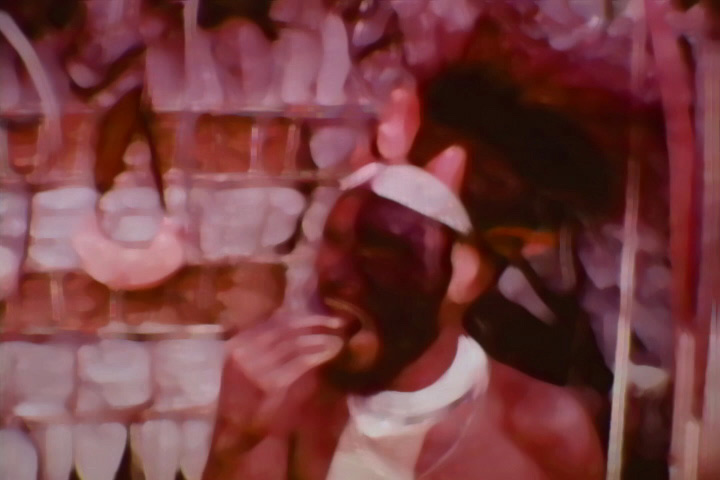The Mendi
Begin with a pig kill.

Every occasion begins with a pig kill.

I was going to be an anthropologist; I was going to be a journalist. I was going to be a writer, an archaeologist, a filmmaker, a biochemist, a pharmacist. I was never going to be a missionary or a forest ranger, but nevertheless my father sent me off to Papua, New Guinea with the missionaries. He himself was a Lutheran minister so he knew the missionaries. They didn't proselytize anymore; they left that to the Catholics and the Baptists. No more conversions or bible stories or hymns — even prayer was a private matter. Just vaccinations and clean water, stuff like that. Clearing the ground for economic development. I was seventeen and my father sent me off with the missionaries because they were helping the CBC make a film, an educational ethnographic film for the television program Man Alive. |

I discovered very quickly that anthropology was not for me. I read the books they had at the cottage: Kurt Vonnegut, Carl Jung, the Bible — and they were all discouraging, though I was able to masturbate to the "Song of Solomon." which gave me satisfaction on a few, fleeting levels. I took no interest in the Mendi. They seemed so rational, straightforward. A missionary was fucking an anthropologist and they were quite interested in the Mendi myths and songs and ceremonies. In post-coital glow they would take me aside and they would tell me about it. But it seemed to me that things were the same everywhere. Yes, they said, it's the family of man and we are all members. I would have thought that reading Jung would have put an end to anthropology, but some people groove on the small differences.
It was 1975. I was seventeen. I wasn't looking for a career; I was looking for a way to live. Or rather I was sulking in anticipation of starting some kind of life. They didn't really need me to help them with the film. The sound recordist disliked me and the camera operator was indifferent. Most days I stayed behind and played the Bee Gees' Main Course on the portable eight track. It was the only functioning tape, but even if there were others, I'm sure I just would have played that one over and over. |

(Bee Gees plays)
|
I used up all the batteries and then everyone was even more angry with me. But they couldn't send me away as there was no place for me to go. |


|
Now it's 2006 and I'm forty-eight. It's time to start a new life. It is time to start a new life and I'm looking for models. I know I won't find anything here. The Mendi way of life is not a viable option — even for the Mendi. I want to say that I've been to the dream house, and I've been to the bone house, and I've eaten human flesh and it tasted like ash or it tasted like pork. But they wouldn't let me go to the bone house and when I snuck into the dream house I found nothing. And the Mendi said that they never ate their ancestors, that was those other tribes. But all the other tribes say that as well. I still want to be a cannibal not so much any more for the pleasure of eating human flesh as for the pleasure of vomiting it.
|